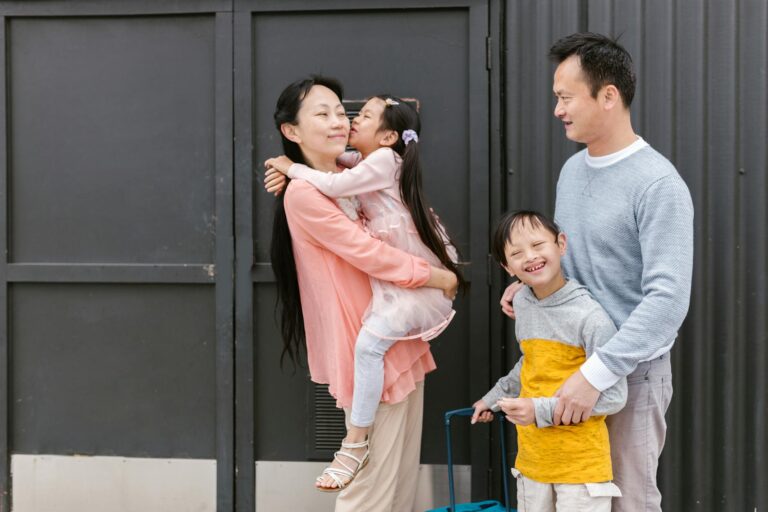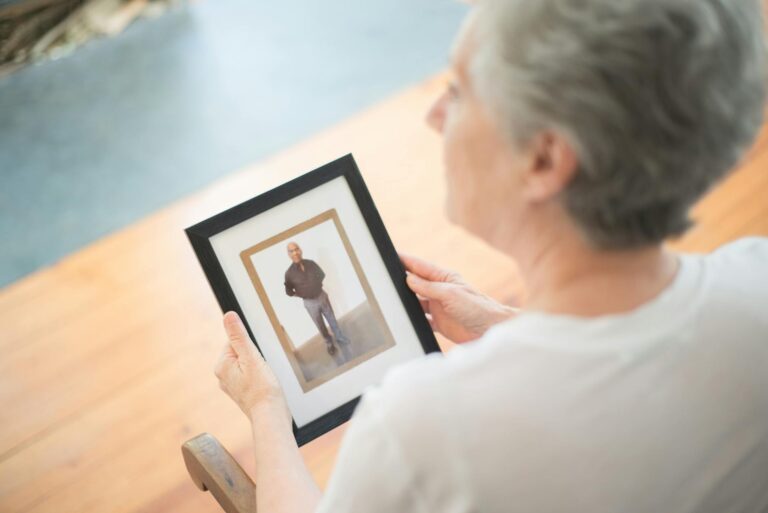or walking
Dementia is a progressive neurological disorder that affects millions of people worldwide. It is characterized by a decline in cognitive function, including memory loss, difficulty with problem-solving, and changes in behavior and mood. While there is currently no cure for dementia, there are ways to manage the symptoms and improve overall quality of life. One of these ways is through exercise, specifically engaging in gentle activities like chair yoga or walking.
The benefits of exercise for individuals with dementia are numerous. Regular physical activity can help improve balance, flexibility, and strength, which are essential for maintaining independence and preventing falls. Exercise can also help manage challenging behaviors such as agitation, aggression, and wandering. Furthermore, it can improve mood and reduce symptoms of depression and anxiety. But for individuals with dementia, traditional forms of exercise like jogging or weightlifting may not be feasible or safe. This is where gentle activities like chair yoga and walking come into play.
Chair yoga is a form of yoga that is modified to be done while sitting on a chair or using a chair for support. It involves gentle stretches, breathing exercises, and meditation, making it an ideal form of exercise for individuals with dementia. It can be done in a group setting or one-on-one with a caregiver, making it a great way to socialize and engage with others. Plus, the chair provides stability and support, reducing the risk of falls.
Research has shown that chair yoga can improve balance, flexibility, and strength in older adults. It can also help reduce stress and improve overall well-being. For individuals with dementia, chair yoga can be particularly beneficial. The slow and controlled movements can help improve body awareness and coordination, which can decrease the risk of falls. The breathing exercises and meditation can also help individuals with dementia relax, reduce agitation and improve mood.
Walking is another excellent form of exercise for individuals with dementia. It is low-impact and can be done at any pace, making it suitable for all fitness levels. Walking can be done outdoors or indoors, and it is a great way to get some fresh air and enjoy nature. It can also be a social activity, as individuals with dementia can walk with a caregiver or in a group setting.
The benefits of walking for individuals with dementia are similar to those of chair yoga. It can help improve balance, strength, and coordination, reducing the risk of falls. Walking can also reduce the risk of chronic diseases like heart disease, stroke, and diabetes, which are common among individuals with dementia. Additionally, walking can promote social interaction and engagement, improving overall well-being.
When engaging in exercise with individuals with dementia, it is essential to keep in mind their physical abilities and limitations. Modifications may need to be made to the exercises to ensure safety and comfort. It is also important to choose activities that the individual enjoys and feel comfortable doing. This can help increase motivation and adherence to the exercise routine.
Incorporating gentle activities like chair yoga or walking into the daily routine of individuals with dementia can have significant benefits for their physical and mental health. But it is crucial to keep in mind that exercise should be done in conjunction with other forms of treatment for dementia and under the supervision of a healthcare professional.
In conclusion, dementia can be a debilitating disorder, affecting both the individual and their loved ones. Engaging in gentle activities like chair yoga or walking can help manage symptoms and improve overall quality of life. These activities can improve balance, strength, and coordination, reduce stress and agitation, and promote social interaction. If you or a loved one is living with dementia, consider incorporating these gentle exercises into your daily routine. You may be surprised by the positive impact it can have on your physical and mental well-being.





